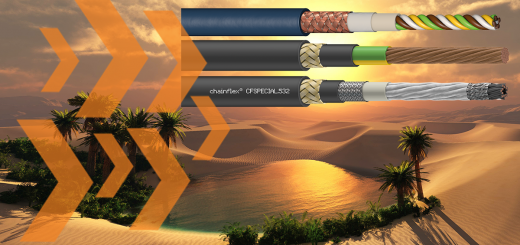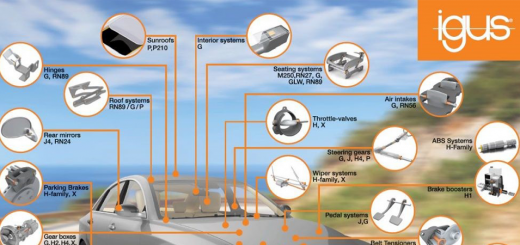How is igus® helping with wastewater management in rivers?
The escalating crisis of waste in our waterways is a global concern, not confined to the UK alone. The urgency of this issue has brought wastewater management to the forefront, demanding immediate attention from both corporations and nations.
This blog delves into the heart of this worldwide challenge, spotlighting the “Rhine Octopus” initiative in Cologne—a beacon of innovation in the fight against pollution. To grasp the significance of this project, we must first explore the essence of wastewater management.
Wastewater Management Explained
Wastewater management is an essential collective strategy to safeguard our water resources. It encompasses three critical phases: collection, treatment, and reuse. Through this process, pollutants are eradicated from water, transforming it into a clean state fit for reintroduction into the natural cycle—an aquatic iteration of the circular economy.
The Rhine Octopus Initiative
The Rhine Octopus stands as a testament to the dire need for action, with over a tonne of refuse coursing through the Rhine daily. In a collaborative effort, the Krake Association and igus® have launched this program, featuring a pioneering floating garbage trap designed to capture a significant portion of this debris.
The Krake club has waged a relentless battle against this environmental blight, amassing a 300-strong force known as the Kraklinge. These dedicated volunteers convene regularly to remove waste, having already extracted 8.7 tonnes of detritus and 20 e-scooters from the river this year alone, with ambitions for even greater impact in the future.
Recently, the Rhine Octopus commenced operations—a perpetual waste extraction system inspired by a British model. Moored on the Rhine’s left bank near the Cologne Zoo Bridge, it benefits from the river’s current, which is particularly adept at funneling waste into its strategically placed catch basket. This basket, suspended between two buoys and facing upstream, is meticulously crafted to ensnare surface plastics without posing risks to aquatic fauna, thus prioritizing conservation.
In partnership with the University of Bonn, the association conducts weekly evaluations of the collected waste, aiming to facilitate a comprehensive study on the Rhine’s plastic pollution.
Fostering a Circular Economy
Igus® champions the circular economy for plastics, having reprocessed 99% of its production waste into new products for over half a century. This year marks a milestone with the introduction of items composed entirely of recycled materials.
The igus:bike is a revolutionary all-plastic bicycle, entirely devoid of lubrication and impervious to rust, with components that can be fashioned from recycled plastics. This bike exemplifies the circular economy in action. Moreover, igus® has invested in Mura Technology, a trailblazer in recycling that converts plastic waste back into crude oil, thereby rendering plastic a renewable resource. Mura’s inaugural facility in Teesside, England, is poised to begin operations in early 2023.
The call to action is clear: we must proliferate such initiatives. We must inspire more individuals to conceive solutions that not only minimize waste but also remediate the environmental havoc we’ve wrought. Through wastewater management and endeavors like the “Rhine Octopus,” we can indeed effectuate meaningful change.



